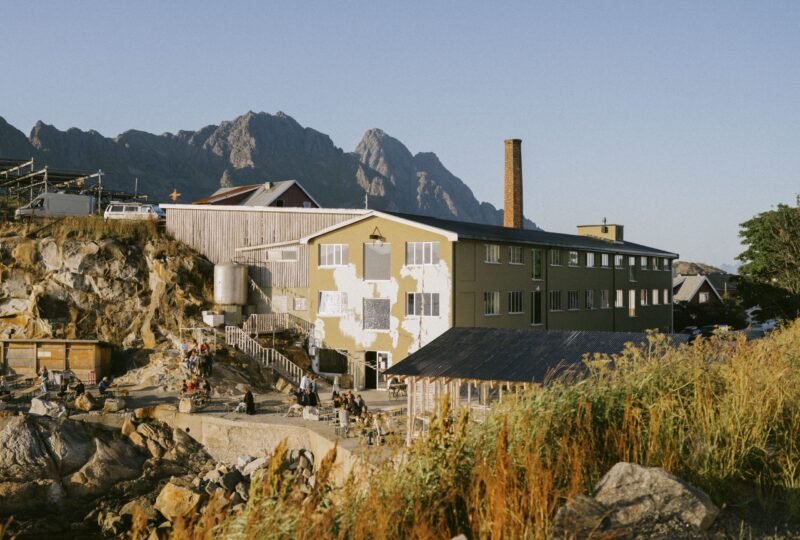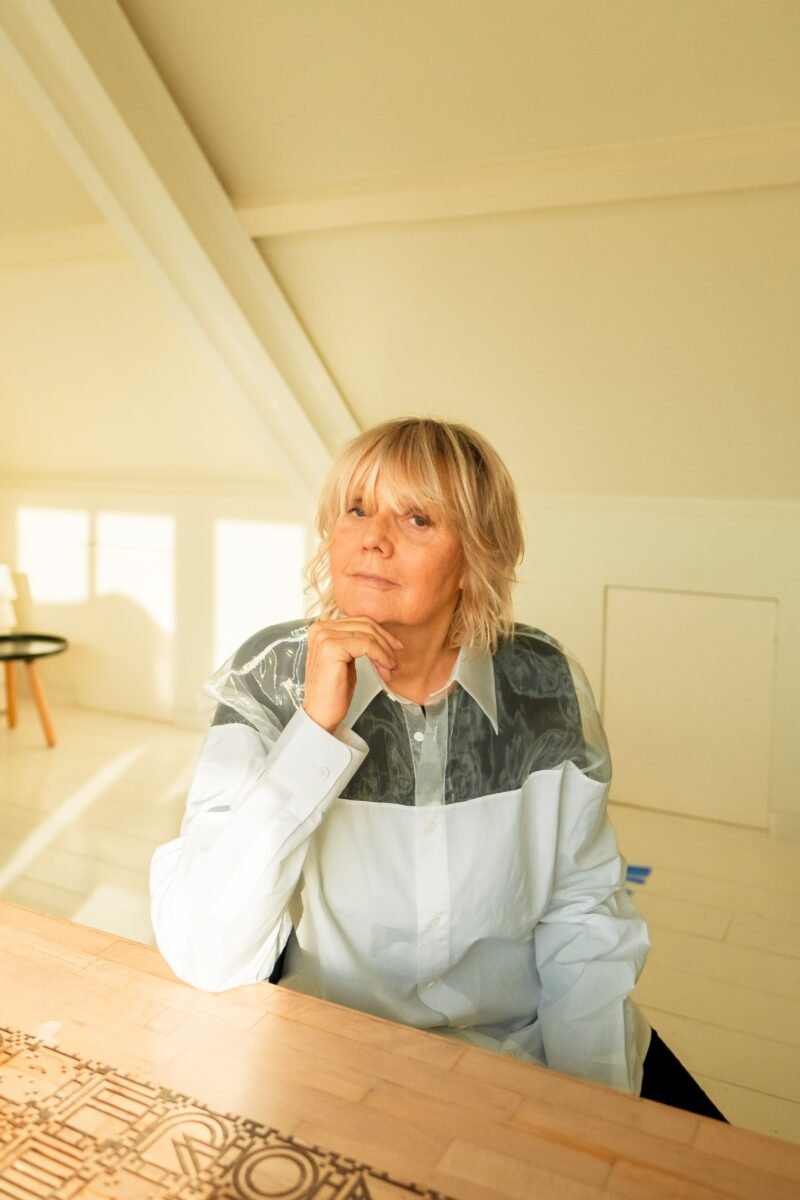Trend 4: The Factory Moves Back Into Our Houses
After years of industrialization, digitalization and outsourcing of labor, we increasingly feel that we’re losing what life ‘really’ is about. A process of detachment of normal life has made us economically vulnerable. Increasing numbers of people feel disconnected from the making process of stuff they use on a daily basis. They do not only want to bake their own bread again, but they want control over production processes of more and more products. This doesn’t only go for food, but also for other stuff that we all use on a regular basis. The result is that we start to have our own little in-house factories.
For centuries it has been normal to work and produce things at home. Due to the industrial revolution work was outsourced to factories. Now we see a trend of the factory that’s coming back into our houses. We’re used to the luxury living standards and giving up on that is hard for the most of us. On the other hand, we are longing for the days in which we were personally involved in the production cycle. New home factories are the solution to bridge this gap. The means of production are given back to the people, which will on the long term result in a shift of economic relations and in changing spatial patterns.



Bread baking machines are already present in many households, but the home production trend extends quickly to other fields. The coffee roast machine for households enables people to fabricate their own coffee, all the way from raw beans to a tasty cup of espresso. We don’t need the big coffee shops like Starbucks to facilitate the whole production process — we can do it at home. The same goes for brands like Heineken and Budweiser. Why buy beer in bottles in the supermarket, while home-made beer is becoming a serious option? For years lots of people liked to make their own beer, although doing it requires knowledge and patience. This personal brewery by WilliamsWarn makes it possible to make beer in only seven days in a controlled environment, just like in a big factory.



More profound as an invention is the 21st century kitchen by Philips Design. The so-called Microbial Home is a complete self-sustainable kitchen concept that not only enables you to prepare your food but also produces it for you in your own house. The kitchen is a cyclical biological machine where wastes like sewage, effluent, garbage and waste water are filtered, processed and recycled to be used as inputs for the various home functions. The kitchen also includes various aspects like a bio digester island and larder, a beehive, bio-light, apothecary and filtering squatting toilet. Already in 2009, Philips launched a comparable concept with the Biotower. The Biotower could be considered a farm in the kitchen. It is a non-spherical-biosphere which is a “self-contained farm that produces hundreds of calories of various food sources a day”. This kitchen skyscraper consists of five layers — levels 1 and 2 for meant for growing plants, level 3 contains algae, level 4 is filled with fish and shrimp and level 5 deals with organic waste. The system seems to be designed to cascade nutrients from the top to the bottom.


The home producing trend doesn’t stop with food. Companies increasingly work on affordable micro-factories that enable people to produce all kinds of stuff at home. 3D printing technology makes it possible to produce all we need for housekeeping in our own little plastic factory, whether it’s a bin, a tooth brush or a electricity plug. Last year we wrote about the Portabee, one of the first 3D printers that will be affordable to a wider public. Priced at only €375, the Portabee is affordable to every European and American household. Also MakerBot’s Replicator 2 3D printer model claims to be among the first affordable printers that don’t not require specialist knowledge to operate. It is a small microwave-sized factory that one can place everywhere in the house. MakerBot has even opened a specialized first 3d printer store in New York that sells MakerBots and in-store printed products.

The raw materials needed for the 3D printing process will perhaps soon be available in every supermarket, but one does not necessarily depend on a store to obtain the raw printing materials. Different companies are working on plastic recycling machines that will make your plastic waste suitable for the 3D home printer. The Filabot is a small desktop extruder that takes plastics (in cut up pieces) and heats and fuses them together in an extrusion for use in DIY 3D printers. Filabot is a small recycle factory in your own house. It’s not only the production industry that enters our house, but also waste processing that fights for a place in our apartments. New compact design will help to give back the means of production to the product user and make it fit in our private homes.
This article is part of Pop-Up City’s Trends for 2013. Reflecting on what we’ve written in 2012 and looking into the new year, we’ve composed a new list of remarkable trends that we consider to be important for our cities in the coming time. Feel free to contact us in case you want to learn more about our reports.



